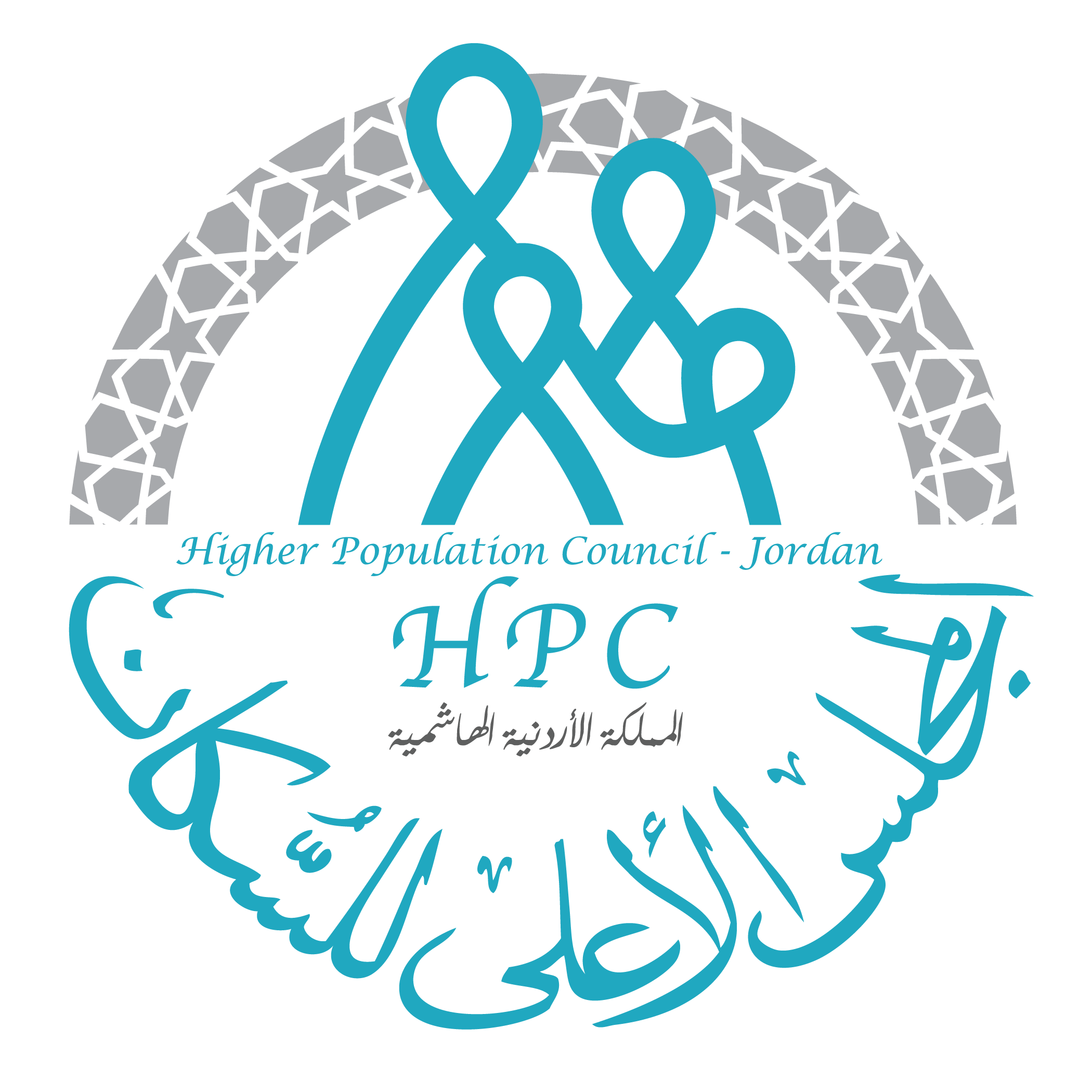

- Marriage, parenthood, and family formation are human rights guaranteed by national and international conventions.
- Family planning includes assisting couples who have not yet had children to conceive, as well as helping those who wish to postpone a new pregnancy.
- One-third of married couples in Jordan need to use an effective method to plan their pregnancies and realize their reproductive desires and rights.
- Let every pregnancy be safe, and every child be wanted.
The use or non-use of family planning methods serves four purposes for couples: (1) Stopping further childbearing when the couple is content with their current number of children or when a new pregnancy would harm the mother's health; (2) Seeking to space births and benefit from the multiple advantages this spacing provides for the family; (3) Delaying the birth of the first child after marriage until recovering from wedding expenses and/or the couple completes their education; (4) Assisting couples who are trying to have one or more than one child but are experiencing difficulty in achieving pregnancy.
According to the Civil Status and Passports Department, approximately 3.1 million births were registered over the past fifteen years, with an annual average exceeding 200,000 births. Data from the most recent household survey conducted by the Department of Statistics every five years indicates that 19% of births in the last three years were either unplanned or miss-timed. This means the couples did not want the children at that time or would have preferred to delay the pregnancy. Consequently, this translates to over 550,000 births in the past fifteen years falling into this category of unintended births.
Unintended pregnancies and unplanned births occur for one primary reason: an unmet need for an effective contraceptive method among couples wishing to avoid such a pregnancy. Many couples who want to avoid or postpone a pregnancy are either not using any method to prevent it or are relying on a traditional method, which is characterized by high failure rates, leading to unintended pregnancies among their users. According to the latest available household data, one-third of married couples in Jordan have a need for an effective, modern contraceptive method to meet their reproductive desires and needs. The global Sustainable Development Agenda has established a specific numerical indicator to measure how well countries are meeting this need, which is the proportion of couples whose need for any modern method is being met.
Unplanned or unintended pregnancy is one of the most significant challenges facing reproductive health in societies, including Jordanian society, as it leaves health, economic, and psychological repercussions on the woman, the family, and society. Studies indicate that a lack of correct knowledge about family planning methods or poor access to them contributes to high rates of unplanned pregnancy, which increases health complications for the mother and child and places additional burdens on low-income families. Efforts to meet the need of married couples for using effective modern family planning methods in Jordan face obstacles, most of which are connected to the existence of what are known as operational barriers at reproductive health service delivery points. These operational barriers primarily result from:
(a) Poor utilization and missing of numerous opportunities at service delivery points to provide women with knowledge about planning their subsequent pregnancies and births. These many missed opportunities exist before women are discharged from hospital maternity wards after giving birth, then during their visits to healthcare facilities for postnatal care, and again when they attend appointments for their child's vaccinations in the first month after birth and beyond.
(b) Other operational barriers, which are linked to the previous ones, include the lack of a predefined appointment schedule for health center visits. This leads to overcrowding in the centers during morning hours, making it impossible to provide specialized counseling and information about modern family planning methods during these visits. Additionally, there is no assigned space for family counseling, a shortage of staff specialized for this purpose in many maternal care clinics, and no policy for phone follow-ups with women who have stopped attending the health center after childbirth.
(c) There is a need to enhance the role of pharmacists in the private sector in providing couples with knowledge about family planning methods. Pharmacies have the advantage of widespread availability and accessibility at all hours of the day, on weekends, and during holidays. Pharmacies are a primary source for two methods: contraceptive pills and condoms, and pharmacists provide free counseling to those who need it.
Every year, September 26th serves as an occasion to advocate for increased knowledge about one of the most important pillars of reproductive health: family planning. This is to respond to the needs of married couples by enabling them to make informed decisions regarding their reproductive desires and rights, specifically by meeting their need for an effective method to plan their childbearing. To realize these desires, they must be provided with the knowledge, counseling, and services that make their decisions responsible and aligned with their goals and needs. Family reproductive decisions are a major influencer of the familial and demographic conditions of Jordanian society.







